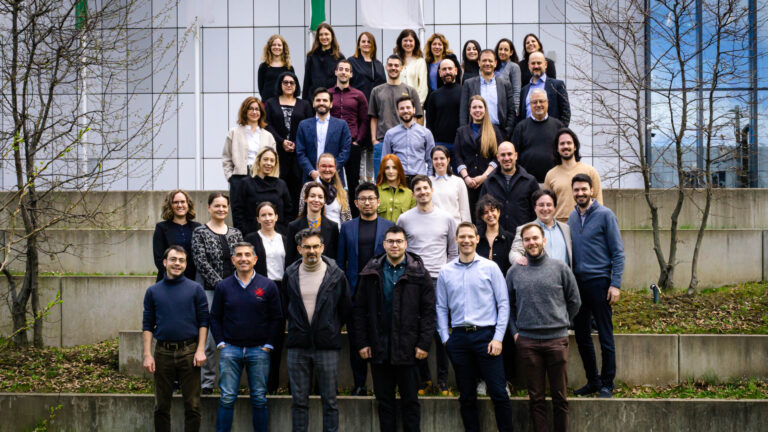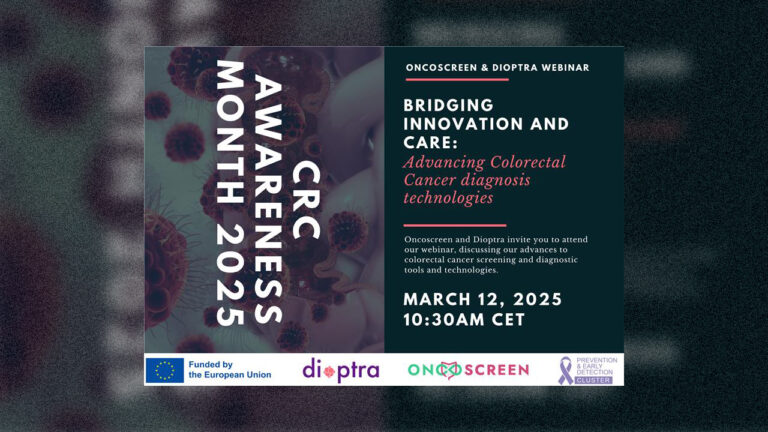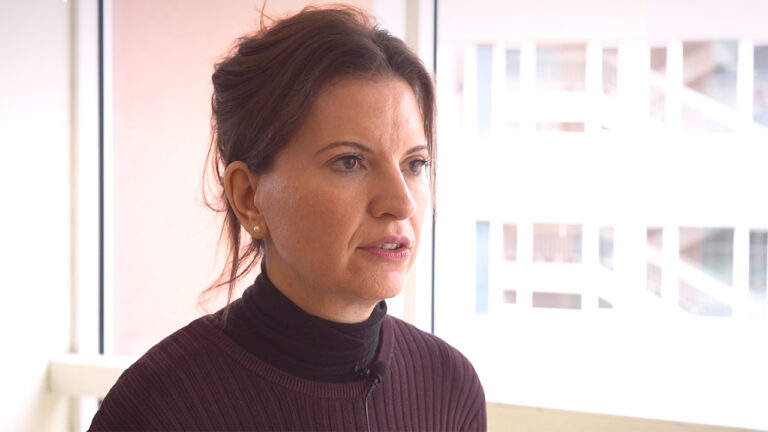DIOPTRA project is thrilled to announce the launch of an ambitious new study designed to make early detection of colorectal cancer (CRC) more accessible and effective. The study will combine artificial intelligence (AI) and blood tests to identify the disease at its earliest stages, offering hope for more effective treatment and potentially saving lives. The study will involve at least 1,600 participants across eight clinical sites and last for two and a half years.
Colorectal cancer remains one of the most commonly diagnosed cancers worldwide. One of the biggest challenges in fighting CRC is detecting it early enough for treatment to be most effective. Traditional screening methods, like colonoscopies, can be invasive and uncomfortable, often leading people to avoid them altogether. DIOPTRA aims to make screening easier and more widely available by focusing on blood-based markers that can identify the disease. Thus, this non-invasive approach has the potential to significantly improve colorectal cancer screening in medical practice, thereby expanding population participation in screening beyond those currently reimbursed.
Previous efforts in this field have been limited by the scope of the research—either too few participants or too narrow a focus on the biological markers in the blood that could indicate cancer. DIOPTRA study is designed to overcome these limitations. The study will include a large number of participants across diverse settings to ensure its findings are universally applicable. This large-scale approach, covering 1,600 participants at eight clinical sites from Belgium, Bulgaria, Cyprus, Denmark, Greece, Slovenia and Spain aims to make the screening method more robust and widely applicable. Blood samples will be collected from enrolled individuals, who will also undergo a standard screening colonoscopy.
The study will leverage the power of AI to sift through enormous amounts of data to identify not just who is at risk of developing CRC cancer, but also why they might be at risk. By combining the latest in blood testing technology with machine learning algorithms, DIOPTRA will dig deep into the factors that contribute to this type of cancer. These factors range from lifestyle and behaviour to intricate biological indicators. This comprehensive approach offers the promise of a more effective, efficient, and personalised healthcare strategy for preventing and treating CRC cancer.
The study will focus on four groups: healthy individuals, those with non-advanced adenomas, those with advanced adenomas, and CRC cases.
“This is a landmark moment for DIOPTRA project and, generally, in the field of colorectal cancer research,” said Zheshen JIANG, clinical coordinator of the study and R&D scientist and project manager at Centre Hospitalier Universitaire de Liège (CHUL). “We believe that the DIOPTRA study has the potential to change how we approach early detection and treatment, and we’re excited about the potential to save lives through more proactive and less invasive methods.”
The study will begin in November 2023 and will last for two and a half years.






